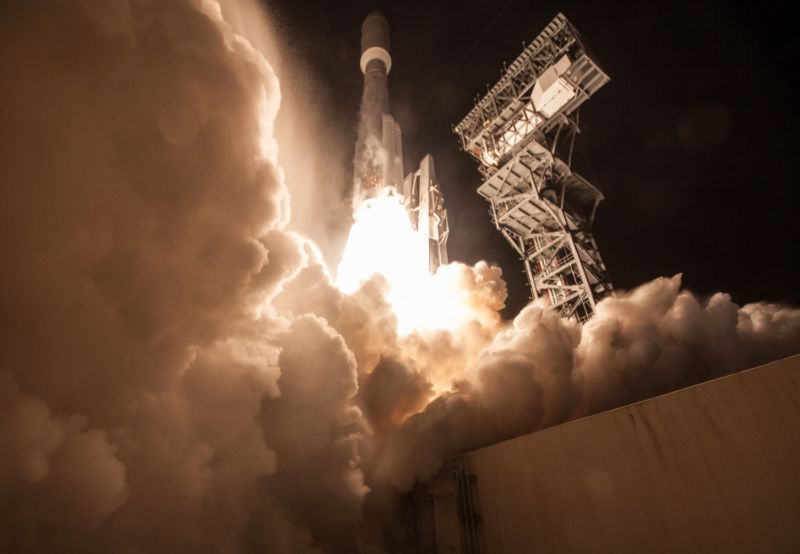
During the last half-century, the United States may have achieved flashier goals with the Apollo Moon landings and produced the most capable spacecraft in the form of the space shuttle, but even as the glory of Sputnik and Gagarin faded, the Russians have plugged along with their decades-old, capable rocket technology. And because of this reliability and relatively low cost, the Russians have continually launched more rockets into space than any other country.
Until now. According to data collected by The Moscow Times, Russia is expected to finish 2017 with just 18 rocket launches into space, compared to China's 19 and the United States' 20. The US tally will be led by the United Launch Alliance, which is expected to have a dozen launches by the end of the year. The American total would be higher still if SpaceX returns to flight from a September accident by the end of the year.
The Russian newspaper cites several reasons for the country's decline from a peak of 100 launches during the USSR's prime, including declining space budgets, cost competition from providers like SpaceX for the commercial launch market, and recent problems with its heretofore reliable Proton launch vehicle.
The gap should only widen in the coming years. Before its accident in September, SpaceX was moving toward a schedule of one or more launches per month, matching or possibly exceeding the cadence of its US-based competitor United Launch Alliance. Blue Origin, too, could join their ranks as early as 2019, potentially fulfilling the promise of capitalism—that private sector rocketry can offer a cheaper, better alternative to a government-led launch model.
reader comments
45